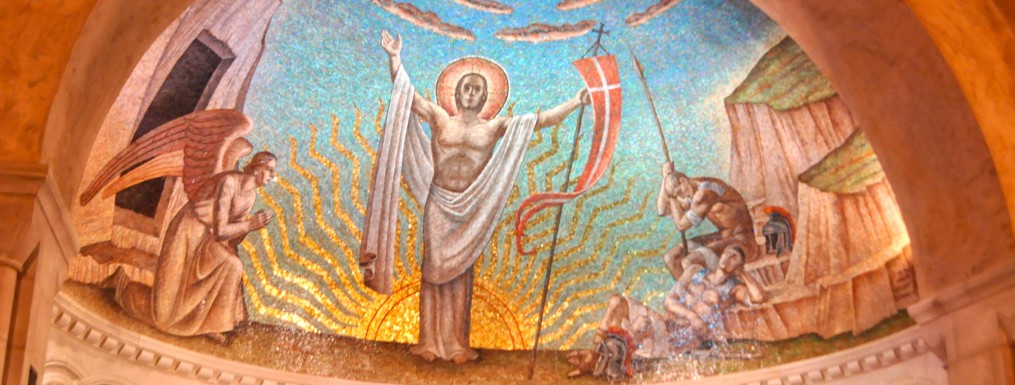This is a post I originally published in 2011 for Christians in Social Media, but unlike most things in the social media world, it is still very relevant today.
Yesterday, author and speaker Jonathan Acuff posted a comment on his Facebook fan page that could lead to very beneficial discussion between teens and those who live and work with them. 
“Posting a photo online is like getting a digital tattoo. Once it’s on, it’s on forever. You wouldn’t let your 12 year old get a tattoo. Make sure they understand what they’re doing when they post a photo online.”
As Christians who actively participate in social media, it is important that we teach our teens (and first learn ourselves) the importance of applying biblical truth even in our interactions on social media sites.
The fact that our every move is known and “recorded” by God is an ancient truth; in Psalm 139 David praises God that we can never escape His all-loving, watchful eye. But being “watched and recorded” 24/7 by other people is new to human culture, and it places upon believers a new pressure to be wise in our walks, even at our most relaxed times like social gatherings. Here are some tips on caring for your “digital testimony”.
1. Be proactive. Don’t wait until you see that one of your students is tagged in a picture that captured a moment of poor judgment. Begin talking now with your tweens and teens about the permanence of anything posted online, not just photos. Even if you “delete” a comment from a social media site, it is captured and saved somewhere. Talk with them about where they go and who they hang out with. Ask them if they have talked with their friends about boundaries concerning what is ok and what’s not ok to post online. Remind your students that personal information such as address, phone number, and age should never be shared with people online that they don’t also know in person. And as much as possible, get to know your child’s friends, both those in reality and those with whom they only associate online.
2. Be gracious. Even the most well meaning person can end up in a photo or post a comment without thinking, and when (not if) you or your child gets caught in a moment of thoughtless social media usage, don’t panic and don’t blow up about it, even if that is your first impulse. If it is something you or your child posted and you have “social media regret”, delete it. While it doesn’t change the fact that it took place, repentance for a wrong decision includes attempts to make it right, and removing the questionable post shows an admittance that it was wrong and a willingness to correct the situation. If a friend has posted something of questionable or unflattering content, go the extra mile to make personal contact as soon as possible (a phone call, a face-to-face conversation), asking them to remove the photo or comment. Making personal contact lets them know that you are both sincere and serious in your request.
3. Be accountable. The best way to prevent photos or comments of questionable content from becoming social media tattoos is to avoid questionable situations to begin with. Teach your teens (and practice yourself) accountability with a friend in social settings. A good rule of thumb these days for where to be and who to hang out with is to ask yourself, “Would I want my friends and family members to see this posted on online?” If the answer is no, then it’s time to excuse yourself from the situation.
These are just a few ways to protect our testimonies online from negative impact.
What are some ways we can share a positive testimony online?


